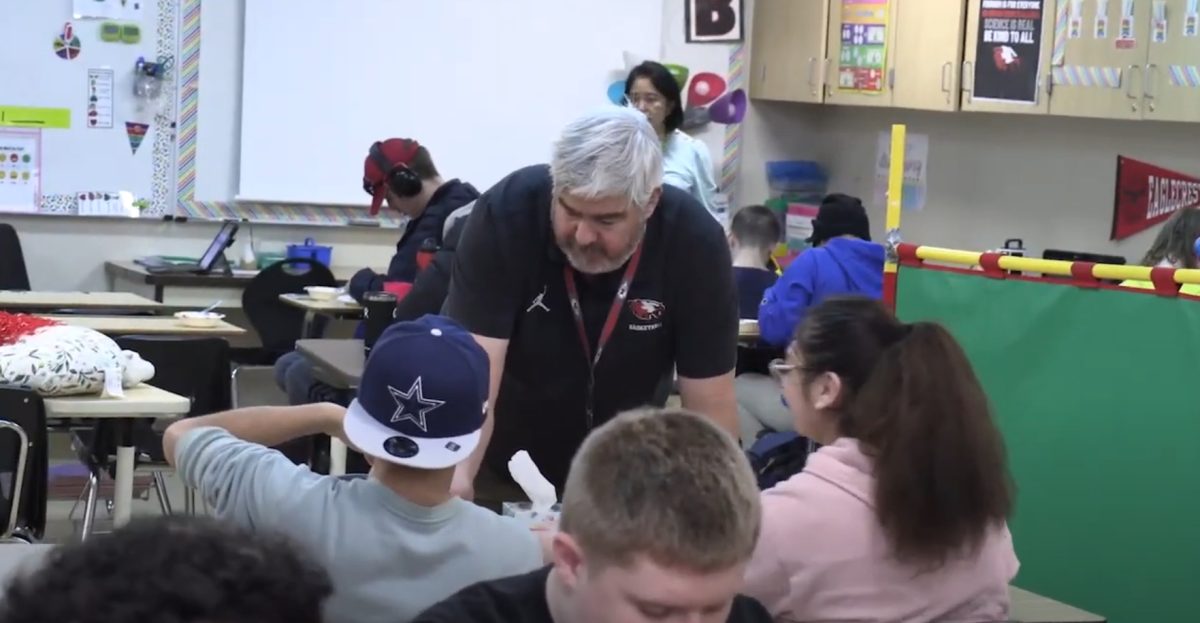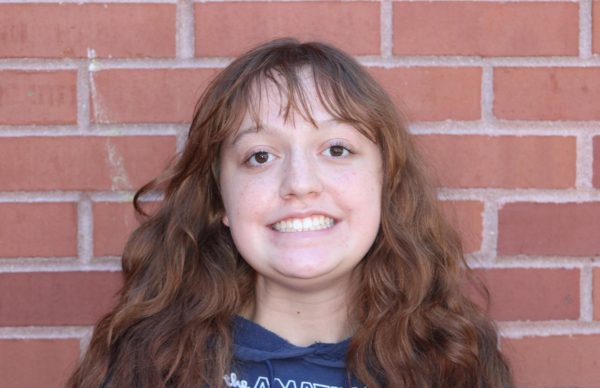
Students are approaching the eventful end of the year with finals and winter break. But wait! We forgot one more thing that we can look at to commemorate 2024. Spotify Wrapped. After all, what would be a New Year without Spotify Wrapped coming out?
Before this charming tradition began, what did people do to know their own unique music taste? The first alliteration of Spotify Wrapped was in 2015. it was named “Year in Music”. It tracked users’ listenings over the past 365 days. Yet not going viral for what it is known as now, it included data of what certain users’ most played songs were and how many hours they listened.
Spotify Wrapped hasn’t been released on the same day every year. It’s been annually announced anywhere between November 30th and December 6th. As it’s popularity has grown, their rival apps, such as Apple Music have made similar marketing campaigns, like Apple Replay. There isn’t any other app that does it like Spotify does it. What Spotify really stands for (from the other music streaming platforms) is the algorithm they use. It is more reliable because it strictly uses your personal data. Spotify was the first music company to start the trend of yearly music wrap-ups. Last year, a record 227 million monthly active users participated in the 2023 Wrapped.
When there was no result over the weekend, it was theorized that it would come out on the upcoming Wednesday because that was the usual week day that it came out in past years. And so it did! The morning of, that’s all students talked about! But was it worth all the waiting?
According to USAToday, on Spotify’s Twitter page, they posted that they haven’t stopped counting data past October 31st in past years, even though there was speculations of it. A lot of users thought that the results were only from January 1st-October 31st.
“It (Spotify Wrapped) mostly showed what I really liked listening to in the beginning of the year,” said junior Jane Chatterly. “then what I listened to in the last month.”
Yet, since Spotify has shut down the idea of this, there are no official answers to this assumption.







